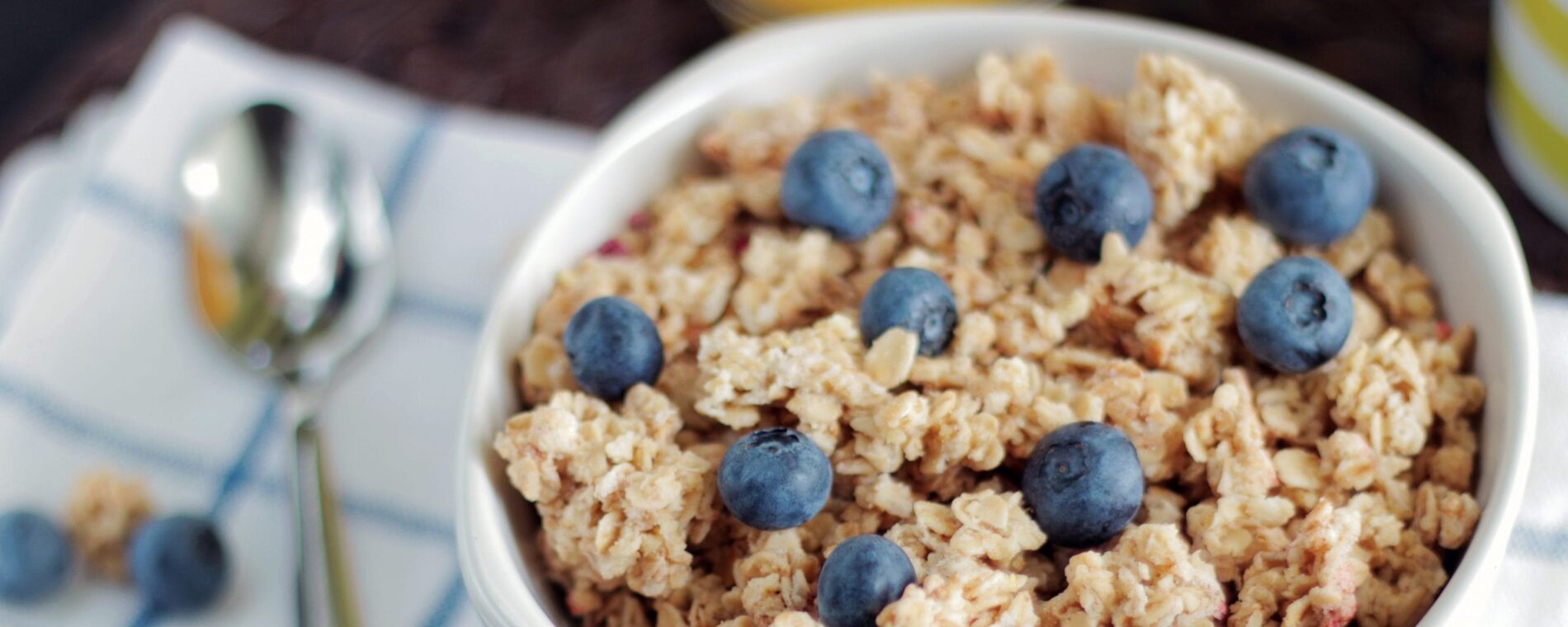Good nutrition is key in leading a healthy lifestyle. Your diet impacts directly on both your mental and physical health, therefore it is important to be mindful of what you are putting into your body. You should be able to eat the things you like and enjoy whilst also being aware of why keeping a balanced diet is beneficial.
The importance of good nutrition
We receive nutrients in the form of the food we eat and drinks we consume. Ensuring you are receiving the correct nutrients in your diet is important for several reasons:
- To maintain a healthy weight – a balanced diet combined with regular exercise will ensure you retain a healthy weight.
- Reduce risk of chronic diseases – research shows that chronic illnesses such as cancer, diabetes, heart problems and stroke can be caused by a poor diet and reduced by consuming ‘good’ nutrients. A diet rich in fruits, vegetables and fibre produce chemicals, which help to protect cells from damage (damaged cells being one of the causes of cancer). Try to avoid too many foods with a high sugar/salt content as this can cause unhealthy levels of cholesterol and blood pressure.
- Build a healthy immune system – a lot of fruits and vegetables provide nutrients such as vitamins that help to boost immune function. This is because “a diet rich in vegetables, fruits, legumes, and whole grains provides a combination of pre-biotics and pro-biotics that help good bacteria to thrive in the colon,” (www.medicalnewstoday.com/articles/322268#improved-gut-health).
- Improve mental well-being – studies have shown that the correct nutrients such as vitamin C, D and E and omega-3 can help improve memory. Foods with a high glycemic load have also been linked to an increased feeling of fatigue, so should be consumed in balanced portions. Your diet can also help with regulating a sensible sleeping pattern. Drinks with a high caffeine content and/or alcohol can lead to a disrupted sleep. Caffeine is a stimulant therefore may cause you to have trouble getting to sleep, whereas alcohol produces adenosine that helps you to fall asleep quickly, however it also wears off very quickly and so you are more likely to wake up before your body is fully rested. Another way good nutrition can help is with sleep apnea. “Sleep apnea occurs when the airways are repeatedly blocked during sleep. Risk factors include obesity, drinking alcohol, and can lead to an unhealthful diet,” (www.acefitness.org/education-and-resources/lifestyle/blog/6593/top-25-at-home-exercises).
A balanced diet
Now that you understand some of the great benefits to good nutrition, it is also important to remember that we can still enjoy those treats that we all love. Whilst we are always being told to eat healthier and drink lots of water, a balanced diet is key in keeping healthy and still getting to indulge in those foods that aren’t considered as nutritious. Good nutrition is more than just eating your 5 portions of fruits and vegetables a day and drinking 6 – 8 glasses of water. Ensure to base meals on high fibre foods as fibre regulates bowel movement and helps to fill up our stomachs. You should also include some dairy in your diet as it contains a range of vitamins and minerals such as calcium, which builds strong teeth and bones. Protein is also an essential as it is needed for the growth and repair of tissue. By adopting a balanced diet, you can be sure that you are receiving all the correct nutrients whilst also getting to enjoy all the food groups. Don’t worry, we haven’t forgotten about those sneaky Easter eggs or chocolate bunnies still waiting to be eaten (or finished off)! Remember, it is all about portion control. You can most definitely enjoy some sweet treats and snacks, but try to limit your intake of these foods. Perhaps delegate a ‘cheat day’ where you can allow yourself to have these foods whilst also promoting a regular nutritious diet.
Helpful websites
Please see below some helpful websites including some great recipes for nutritious meals!
BBC’s good food: www.bbcgoodfood.com/recipes/collection/easy-healthy
Jamie Oliver’s healthy meals: www.jamieoliver.com/recipes/category/healthy-recipes/
More on the glycemic index: www.health.harvard.edu/diseases-and-conditions/glycemic-index-and-glycemic-load-for-100-foods
NHS recommended healthy recipes: www.nhs.uk/live-well/eat-well/?tabname=recipes-and-tips
ABL Recruitment team










